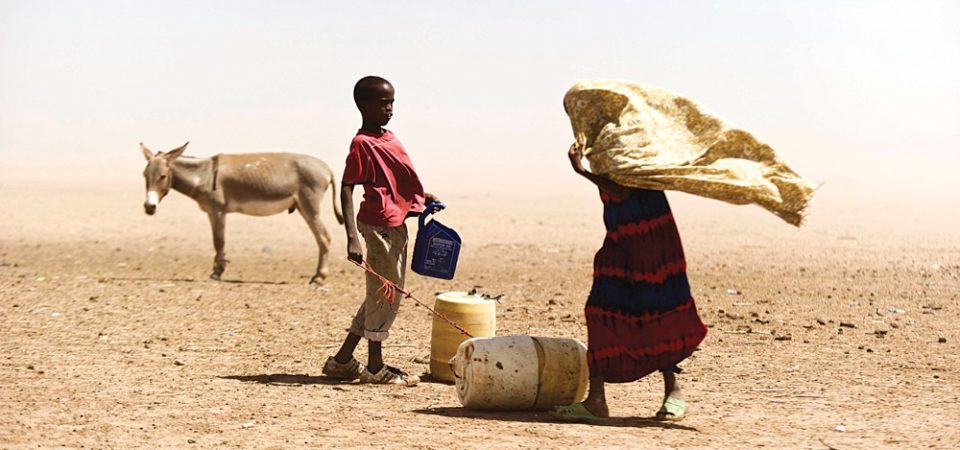Item Link: Access the Resource
File: Download
Date of Publication: 1989
Year of Publication: 1989
Publication City: New Delhi, India
Publisher: Tata Energy Research Institute
Author(s): Paul R. Ehrlich, Anne H. Ehrlich
Journal: Pacific and Asian Journal of Energy
Volume: 3:2
Pages: 53-63
Paul R. and Anne H. Ehrlich delivered this special address during the International Conference on Global Warming and Climate Change: Perspectives from developing countries, which took place 21-23 February 1989 in New Delhi.
ABSTRACT: Humanity faces an imposing array of environmental problems on a worldwide scale, including catastrophic loss of biotic diversity (especially because of deforestation in the moist tropics), depletion of the ozone layer, acid precipitation, toxification of the entire planet, a growing vulnerability to epidemic diseases such as AIDS, and so on (Ehrlich and Ehrlich, 1987). No problem is more daunting, though, than the gradual warming of Earth’s surface because of the injection of greenhouse gases into the atmosphere. And none so clearly shows the interrelationships among all major environmental problems or so plainly demands the attention and cooperation of all nations in order to ameliorate its effects. Although this paper focuses mostly on the problem of global warming, a similar paper could be written based on any of the others.
Read the full article
The views and opinions expressed through the MAHB Website are those of the contributing authors and do not necessarily reflect an official position of the MAHB. The MAHB aims to share a range of perspectives and welcomes the discussions that they prompt.
